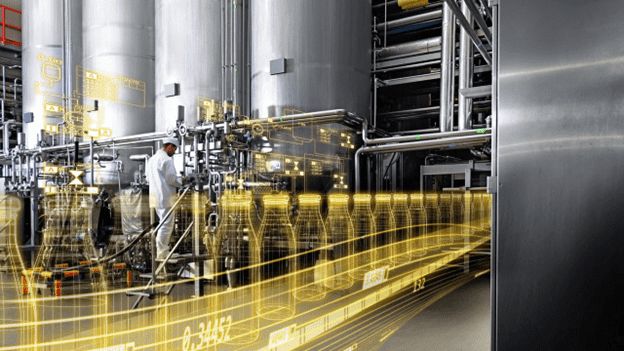Smart Infrastructure
Smart water automation services in smart infrastructure involve the integration of advanced technologies to monitor, manage, and optimize water-related processes within a broader urban context. Here are key features and applications of smart water automation services in smart infrastructure
1. Integrated Water Management Systems
Develop centralized platforms that integrate data from various water-related systems, including treatment plants, distribution networks, and sewage systems.
Enable real-time monitoring and management of the entire water infrastructure.
2. Smart Water Meters and Sensors
Deploy smart water meters and sensors throughout the infrastructure to monitor water consumption, quality, and flow rates.
Utilize advanced sensors for real-time data collection and analytics.
3. Leak Detection and Predictive Maintenance
Implement automated leak detection systems to identify and locate water leaks in the infrastructure.
Utilize predictive maintenance algorithms to schedule maintenance before major issues occur.
4. Remote Monitoring and Control
Enable remote monitoring and control of water infrastructure components, such as valves, pumps, and treatment plants.
Facilitate quick responses to changing conditions or emergencies.
5. SCADA (Supervisory Control and Data Acquisition) Systems
Implement SCADA systems for centralized supervision and control of water treatment and distribution processes.
Enable efficient data visualization and decision-making for operators.
6. Advanced Water Treatment Processes
Integrate automation for advanced water treatment processes, optimizing chemical dosages and treatment parameters.
Ensure compliance with water quality standards and environmental regulations.
7. Data Analytics and Predictive Modeling
Utilize data analytics and predictive modeling to analyze historical data and predict future trends in water usage and infrastructure performance.
Enhance decision-making for resource allocation and infrastructure planning.
8. Smart Irrigation Systems
Implement smart irrigation systems for public spaces and green infrastructure.
Utilize weather data and soil moisture sensors to optimize irrigation schedules.
9. Real-time Monitoring of Water Quality
Implement sensors for real-time monitoring of water quality at various points in the distribution network.
Provide immediate alerts in case of water quality deviations.
10. Public Awareness Platforms
Develop platforms to raise public awareness about water conservation and infrastructure sustainability.
Provide real-time information on water usage and infrastructure conditions to the public.
11. Resilience and Disaster Management
Implement smart water infrastructure for resilience in the face of disasters, such as floods or extreme weather events.
Develop contingency plans and automated response systems.
12. Energy Efficiency Optimization
Optimize energy usage in water-related processes, such as pumping and treatment.
Implement energy-efficient technologies to reduce operational costs.
13. Integration with Other Smart Systems
Integrate water infrastructure with other smart systems, such as traffic management, waste management, and energy systems.
Enable a holistic approach to urban sustainability.
14. Regulatory Compliance and Reporting
Ensure compliance with water quality standards, environmental regulations, and reporting requirements.
Generate automated reports for regulatory bodies.
15. Emergency Response Systems
Implement automated emergency response systems for water-related incidents.
Provide real-time alerts and shut-off mechanisms to contain and address emergencies promptly.
Smart water automation services in smart infrastructure contribute to efficient resource management, environmental sustainability, and the resilience of urban water systems. These technologies play a vital role in creating smart cities with optimized and sustainable water management practices.

